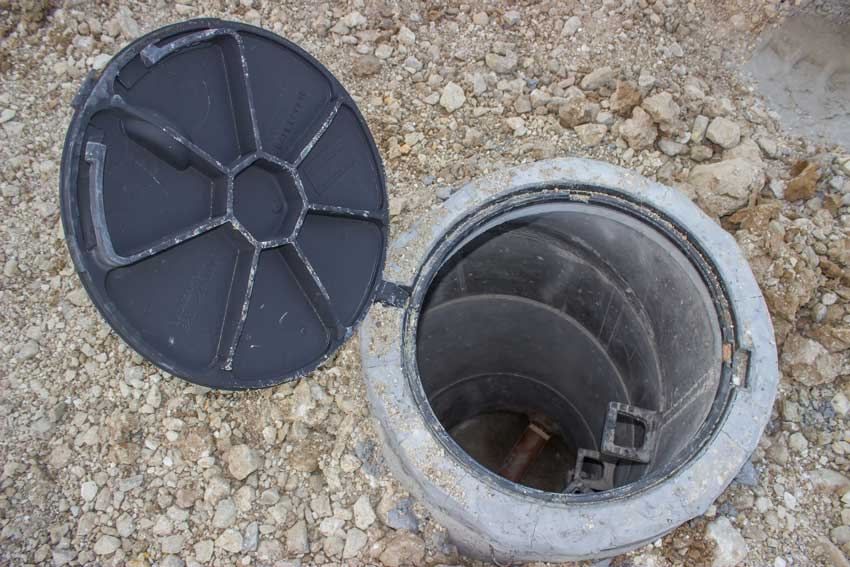
Congratulations! You’re looking into buying a new house. Whether you’re taking a step in a relationship that requires a new place, expanding your family and thus needing more room, upgrading or downsizing in anticipation of a new chapter in your life, there are any number of good reasons why it would be time to do this.
And the list of things you need to look into when kicking the tires on a new place is seemingly innumerable and endless. Some are obvious, top-of-mind and/or stare potential homebuyers in the face. One that might not necessarily be that way is checking on the septic system — but as anyone who has ever had issues with a septic system knows, it is something you should make sure is on lockdown, well ahead of any issues that may arise.
Real-estate septic system inspections can be broken down into two categories: visual and full. A visual inspection — as indicated by its name — is based upon what can be seen.
This would include testing the system to make sure things are working as they should, followed by checking the drainfield for standing water. Other components of this may include:
- inspector asking such questions as the structure’s age;
- how often its septic system is serviced;
- and when that had last happened
That is, of course, important and useful, but leaves large and significant chunks of a septic system examined.
Think of a full inspection as the Cadillac version. It starts with the baseline of a visual inspection and expands to a specific check of the level to which a septic tank is filled. These would be a tip-off to an inspector if the system is draining as it should. It will also include a test of the system by running more water and/or dye to see how that affects the tank level, again giving insight into the system’s performance.
In order to try to stay abreast of issues that go along with taking over a new property, either ensuring your new place’s septic system has a clean bill of health or figuring out what needs to be done to get it there is a critical step toward saving bigger, costlier, literally stinkier problems later.

